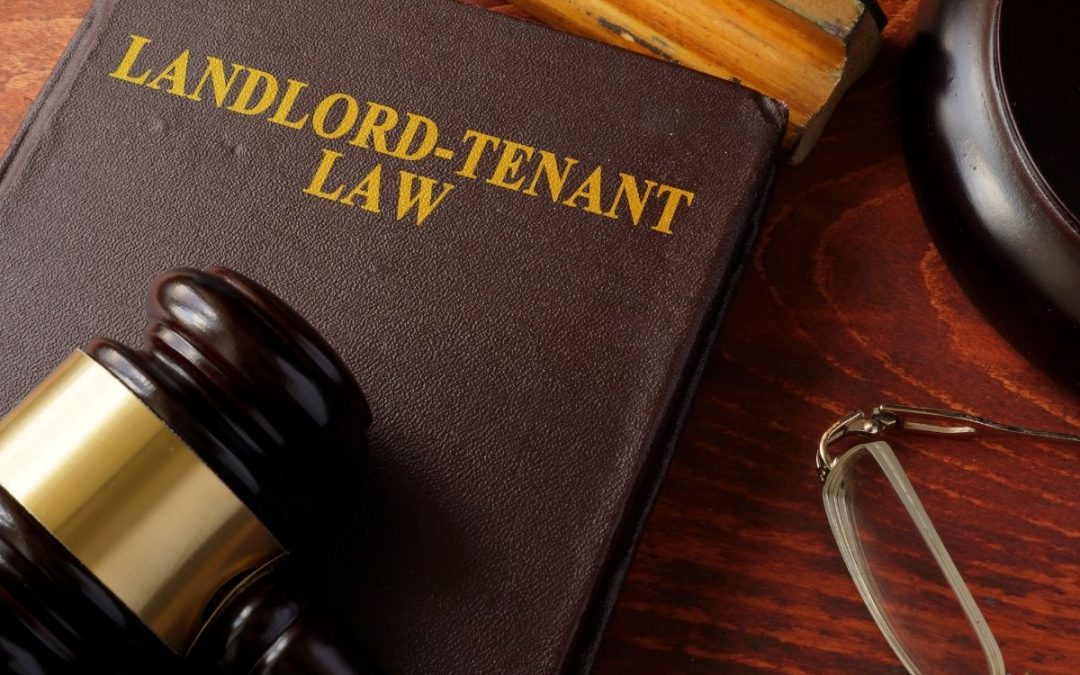The CDC announced that residential evictions will continue to be halted through December 31, 2020 in an effort to prevent the further spread of COVID-19. This temporary eviction moratorium does NOT relieve any individual renters from the obligation to pay their rent or to comply with any other obligation they have within their tenant contract. Another important thing to note is that, according to the Federal Register, nothing in the moratorium prevents landlords from charging or collecting fees, penalties, or interest as a result of the failure to pay rent on time, under the terms of your predetermined contract.
All of that being said, you’re still in a tough spot. Whether you agree or disagree with the CDC on this, you could face heavy fines if you went against this issuance, which would only increase your financial burden. So, as a landlord, what CAN you do??? For one, there are some relief programs out there and some banks are offering mortgage forbearance, if it comes to that.
In addition (and we cannot stress this enough) you have the opportunity to SCREEN, SCREEN, SCREEN your new applicants and be as SURE as possible that you’re making a smart decision when you sign a contract with them. Truly, getting the right renter into your property is more important now than ever before.
What Should You Screen For?
1. Income & Pay Stubs
A good rule of thumb here is that the tenant’s total monthly income should be three times the rent rate. In addition, you’re looking for tenants with a stable work history who will (hopefully) continue to have reliable income.
2. Credit Report
The better the credit score, the more reliable this tenant’s history of paying their bills on time! According to Equifax, “credit scores from 580 to 669 are considered fair; 670 to 739 are considered good; 740 to 799 are considered very good; and 800 and up are considered excellent.”
3. Background Check
In addition to protecting yourself from potential liabilities, a background check can give you information you need to keep your building and other tenants safe. Having a criminal record isn’t considered a valid reason to deny a tenant BUT it can give you additional information to make decisions on a case-by-case basis.
4. Landlord History & References
What do previous landlords have to say about this tenant and do they have a history of evictions? Just like an employer would want to know about a candidate’s previous employment history, you should be learning about your applicant’s renting history.
All this checking up and calling references sounds like fun, right? The best part of the job? No! It’s tedious. It’s laborious. And honestly… a lot of it can all be done FOR you. Worry Free Tenant’s screening process includes verifying the applicant’s identity, collecting proof of income, and performing background and credit checks. Our all-in-one platform also includes listing unlimited properties for FREE. With 30+ years of placing tenants and managing rental homes, we’ve learned that a successful investment begins with choosing the right renter and we’ve worked to make the rental process comprehensive, cost-effective, and EASY for both owners and tenants.
We may be living in uncertain times, but that doesn’t mean that you need to feel uncertain about who you rent to! Visit our Landlord page to learn more!

